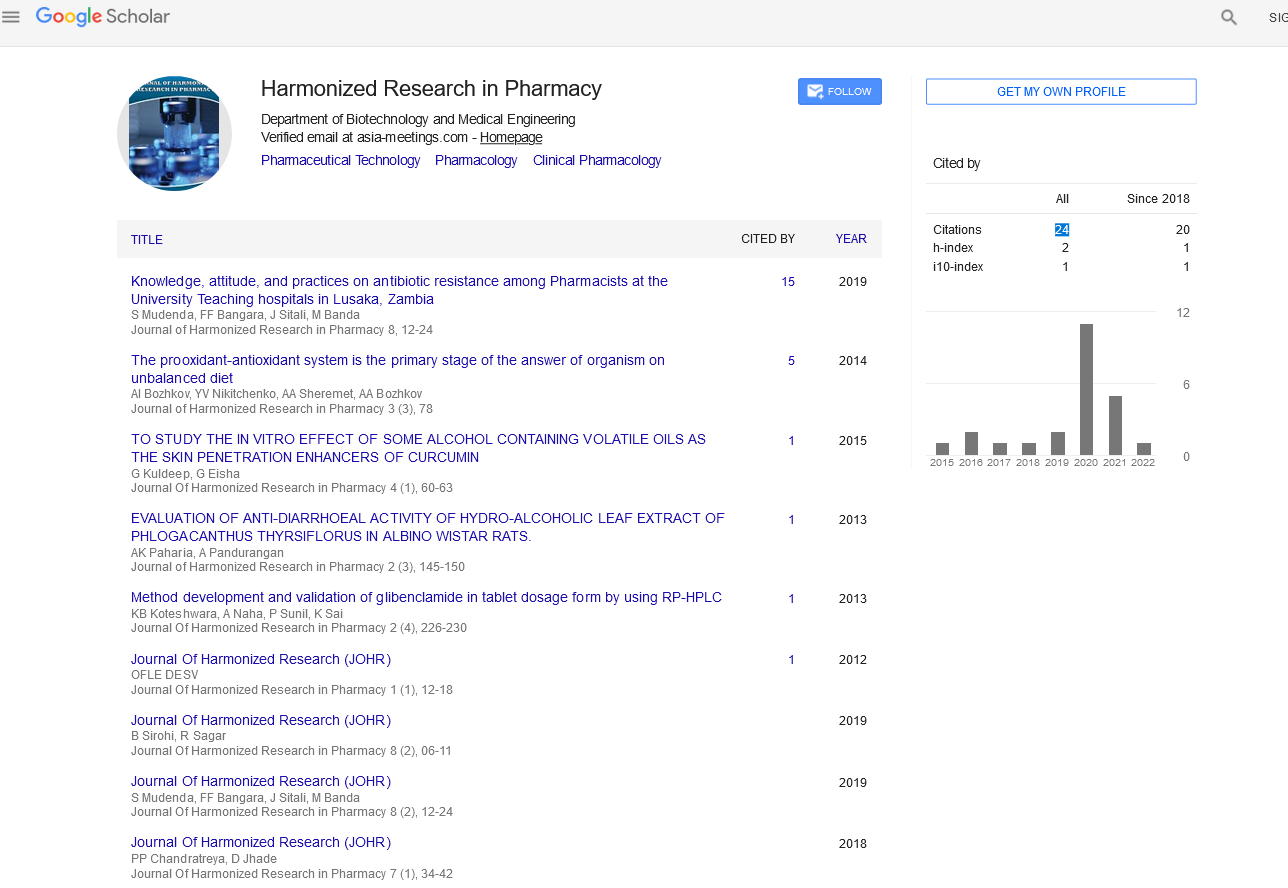ANEMIA IN PREGNANCY- AN OVERVIEW
Abstract
Author(s): Palani.S*, Nisha Mary Joseph, Yonatan Tegene, Anish Zacharia
Anemia is one of the most commonly encountered medical disorders during pregnancy. In developing countries it is a cause of serious concern as, besides many other adverse effects on the mother and the fetus it contributes significantly high maternal mortality.Anaemia, the most common nutritional disorder in the world affecting 2 billion people worldwide with pregnant women particularly at risk. WHO data indicates that iron deficiency anemia is a significant problem throughout the world ranging from 1% in the industrialized countries to an average of 56% in developing countries. The major risk groups for iron deficiency include women of childbearing age, pregnant women, and lactating postpartum women. It is a major public health problem particularly among pregnant women in developing countries with adverse effects on the mother and the newborn. Present literature findings, shows that iron deficiency anemia is more likely to have adverse effects on fetal health outcomes. It has increased the substantial risk of maternal and child mortality. According to the recommendations of the leading obstetrics and gynecology societies, all pregnant women should be offered screening for anemia. Key words: Anemia, Hemoglobin, pregnancy, Iron

Google Scholar citation report
Citations : 147
Journal of Harmonized Research in Pharmacy received 147 citations as per google scholar report









